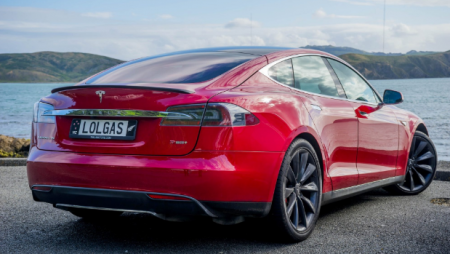OPINION: The 2006 documentary film “Who Killed the Electric Car?” presented a fairly depressing account of why electric vehicles are rarely seen on our roads.
The message was that we could have them, but big business didn’t want us to have them. General Motors had developed an electric vehicle, the EV-1, which customers drove on a lease agreement, and absolutely loved, until GM took them all back and unceremoniously crushed them.

Something has changed since that documentary was produced. Now it seems like big business does want us to have electric vehicles. GM would love to sell you one today, if you were in the United States, and there is no shortage of options for those of us in New Zealand. BMW have a very BMW-like electric car, with Nissan and others looking after more budget conscious drivers.
However, the reason for the change falls short of a fascinating tale of intrigue involving globalist powers living high on oil riches. There is money involved, but at the root of it all are, rather anticlimactically, science nerds developing battery chemistry, and engineering nerds building factories to produce what the scientists come up with.

The fact is that there has only ever been one problem with electric vehicles: the batteries. It turns out, thanks to nature, that storing lots of electrical energy in a small volume that doesn’t weigh a huge amount, is very difficult. On the flip side of this we have oil which, thanks to nature, it turns out is really very easy to do the same with. Early on we sensibly went all in for the oil option, because it was there, big companies could sell product and make money, and consumers were happy.
The rate of battery development was no doubt hurt by our love of oil, but it didn’t stop. In fact, there was an unexpected saviour of the electric car, which began its heroic march in the 1990s, in the form of an army of laptops and mobile phones.
Read more: Stuff
